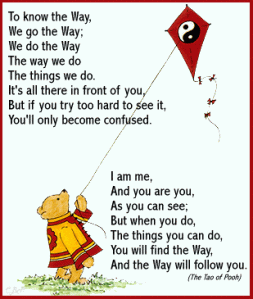
And here's
The Best Reason to Go to College
By Pico Iyer
It’s the same as it ever was: To learn that the world is more than the issues that divide us.
By Pico Iyer
It’s the same as it ever was: To learn that the world is more than the issues that divide us.
Upon my own return to a university classroom, in the spring of 2019, after a hiatus of 37 years, I imagined that my tastes and values, my very language, might seem out-of-date to many of the students I was instructing, and I’m sure they did. I suspected that these teenagers would be much less concerned with books than I and my old classmates were, and I was right. I assumed that as a writer who had been crisscrossing the globe for 45 years, I’d have wisdom about travel to impart, and I was wrong: Thanks in part to their generous and well-endowed university, the 16 undergraduates in front of me spent the first class speaking of recent trips they’d taken to Nauru and Kyrgyzstan and Hongpo, among other places I’d barely heard of.
In almost every way, the young at this elite university seemed brighter, more mature, more reliable and infinitely more globally aware than I and my pals had been in our radically less diverse day. But the most beautiful surprise was to see how deeply many of them had absorbed lessons not to be found in any textbook. Picking up a campus newspaper one day, I found an article by the person I’d foolishly taken to be our class clown. He went to Mass every Sunday, he wrote, precisely because he had no religious commitment. He wanted to learn about perspectives other than the ones he knew. He admired the discipline and sense of order encouraged by such a practice, which he felt he might lack otherwise. He’d been startled by the open-mindedness of a devout roommate, with whom he used to argue through the night. If someone of religious faith could be so responsive to other positions, he wrote, should not a secular liberal aspire to the same?
I realized, as I read the piece, that I had little to teach such students in a class ostensibly about exploring cultures different from our own. More deeply, I was impressed by how imaginatively a young person was addressing the central problem of the times: the fact we’re all united mostly by our divisiveness. Whether in the context of climate change or the right to life — let alone the ethics of trying to protect others from a killer virus by simply wearing a mask — more and more of us refuse ever to cross party lines. And in an age of social media, when we all imagine we can best capture the world’s attention by shouting as loudly as possible, there’s every incentive to take the most extreme — and polarizing — position around... (continues)
No comments:
Post a Comment